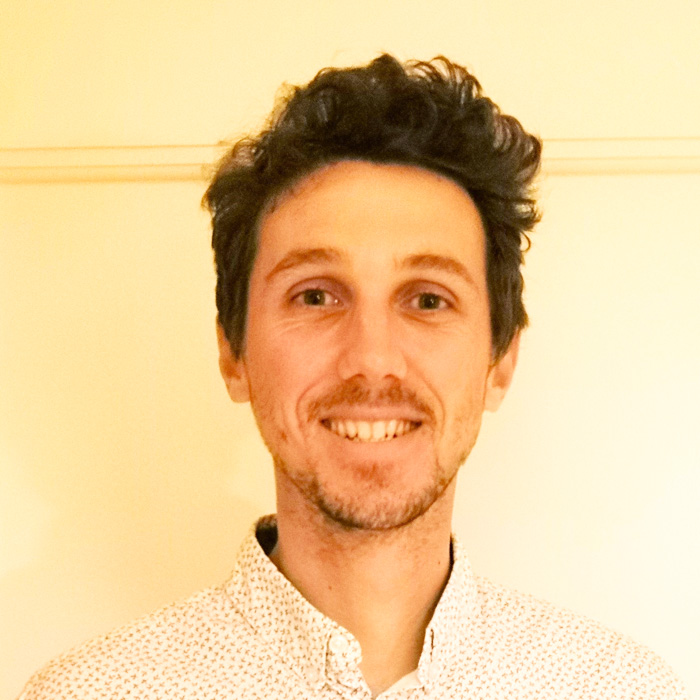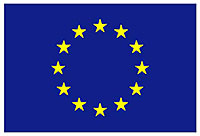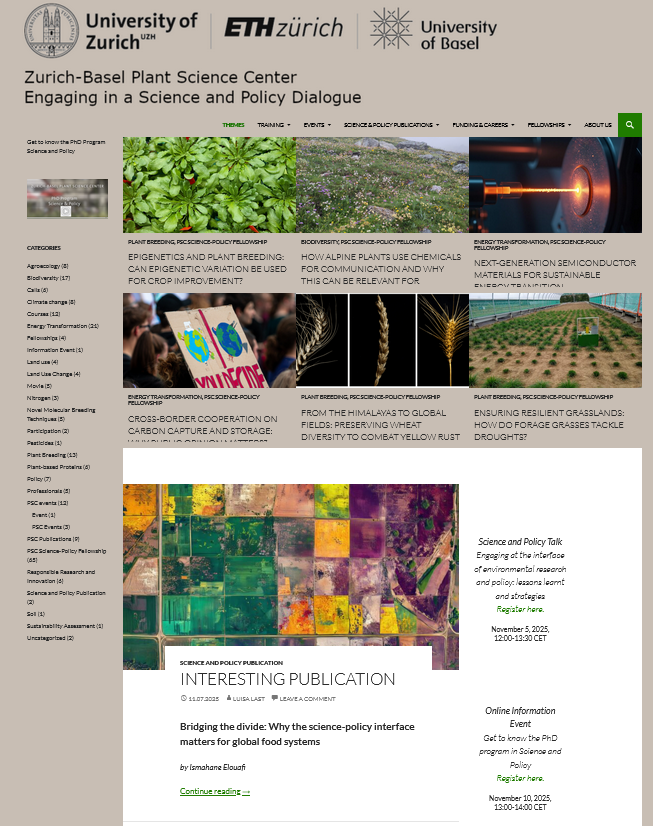Towards More Resilient and Sustainable Regional Food Systems

Fellowship Duration: Apr 2021 - Mar 2025
PhD Student: Paul Donadieu de Lavit (LinkedIn, Researchgate)
Principal Investigator: Prof. Johan Six and Dr. Dominique Barjolle, Sustainable Agroecosystems, Institute of Agricultural Sciences, Department of Environmental Systems Science, ETH Zurich
Project Partner: Dr. Raphaël Charles, Research Institute of Organic Agriculture FiBL,
Research Fields: Agricultural Economics and Policy, Sustainability and Resilience Assessment
Project Description
Climate change is causing a slow and profound transformation in food systems, weakening their production. In developed countries, agriculture is a significant contributor to global warming. Therefore, it is essential that it reduces its carbon footprint by moving towards more sustainable practices. Furthermore, the increase in the frequency of extreme climatic events, as well as the COVID-19 pandemic, reveal the vulnerability of our food system. Hence, it is essential to increase their resilience.
In developed countries, agricultural and land use policies have strong influence on the adaptation and mitigation of the agriculture and food sectors to the climate change. The territorial level is taking initiatives supporting the transformation of food systems under the lead of the local authorities or other collective organisations. Indeed inhabitants and producers are the best witnesses and experts on the strengths and weaknesses of their regions. Several countries have already recognized this. For instance, in their agricultural policies, France has set up successful Territorial Food Projects (PAT), and Switzerland has a funding tool called “Regional Development Project” and did experiment the “Regional Agricultural Strategies” approachThe final objective of this PhD is to create an approach to facilitate the implementation of agri-food strategies that improve the sustainability and resilience of food systems. This approach, designed for public authorities, is intended to be used in Switzerland as well as in all developed countries interested in the decentralization of agricultural and land-use policies.
To achieve this goal, we have worked in collaboration with Swiss public authorities, farmers, and food system’s stakeholders in four regions of Switzerland.
More precisely, we started by (1) building a new theoretical framework for the simultaneously assessment of sustainability and resilience at the food system level. We then seeked to (2) build and refine an assessment tool to operationalize the framework. Finally, we (3) did look into what helps regions becoming resililent and sustainable.
This fellowship is hosted by the Zurich-Basel Plant Science Center and the World Food System Center.
Activities and Publications
Doctoral thesis For Resilient and Sustainable Regional Food Systems in Switzerland
Blog article on Resilient and sustainable regional food systems in Switzerland
Open-source GIS map of resilience & sustainability indicators of the regional food system in
Switzerland
Conference talk at the Origin, Diversity, Territory 2023 (Chania, Greece, Nov 2023)
Conference poster at the ETH Food Day 2023 (Zurich, Switzerland, Oct 2023)
Conference talk at the Origin, Diversity, Territory 2022 (Saignelégier, Switzerland, Oct 2022)
Conference talk at the Journée Résilience des territoires 2022 (Poitiers, France, Sept 2022)
Conference talk at the International Mountain Conference 2022 (Innsbruck, Austria, Sept 2022)
Conference poster at the ETH Food Day 2021 (Zurich, Switzerland, Oct 2021)
Conference talk at the Origin, Diversity, Territory 2021 (Poschiavo, Switzerland, Oct 2021)
Poster at IAS-Symposium (Einsiedeln, Switzerland, Sep 2021)
Secondment
With the help of the sustainability team and experts of other teams working on soils, crops, breeding, agroecology, and social aspects of farming, I transformed the theoretical framework that I have developed at ETH into a series of surveys to assess simultaneously the sustainability and the resilience of regional food systems. Several months, hours of meetings and dozens of interviews with food system actors have been necessary to fine-tune this new and innovative assessment tool. FiBL also helped organize the communication on this project through workshops and the media.
Duration: Apr 2022 – Sep 2022 and Apr 2024 – Sep 2024
Stakeholder Workshops
The stakeholder workshop on the “Resilience of farmers in the Grand Entremont Valais – Switzerland” was conducted on Dec 20, 2023, in Orsières dairy. The workshop's goal was to give farmers we interviewed feedback about the discussions we had and give them the opportunities to find solutions to improve their resilience. The first part consisted of a presentation about resilience and an explanation to the farmers we interviewed about the meaning and characteristics of a resilient farm. The presentation also showed the results of the resilience and sustainability analysis at the regional level. The second part of the workshop was dedicated to farmers. The farmers were working in groups on improving resilience against drought and on achieving foraging autonomy. Farmers had to explain the difficulties they were facing and find, through experience sharing, solutions to face them. Meanwhile, the resilience and sustainability analysis results were presented to the regional policymakers (mayors, president of the region, etc.), farmers advisors, and cooperatives president. During the general discussion, farmers could interact with the other actors to discuss the feasibility of setting up collective action or adapting some local laws and rules.
A similar workshop on the resilience of farmers in the Gros de Vaud has been held in Echallens – Vaud – on Oct 11, 2023. The fifteen farmers attending the workshop were divided into three groups to reflect on soil & agroforestry, on value chain creation and on prices paid & subsidies.



